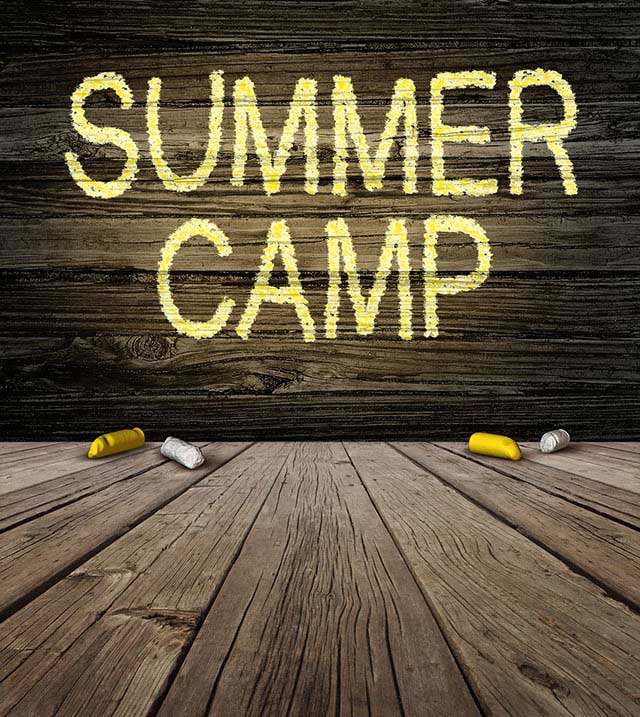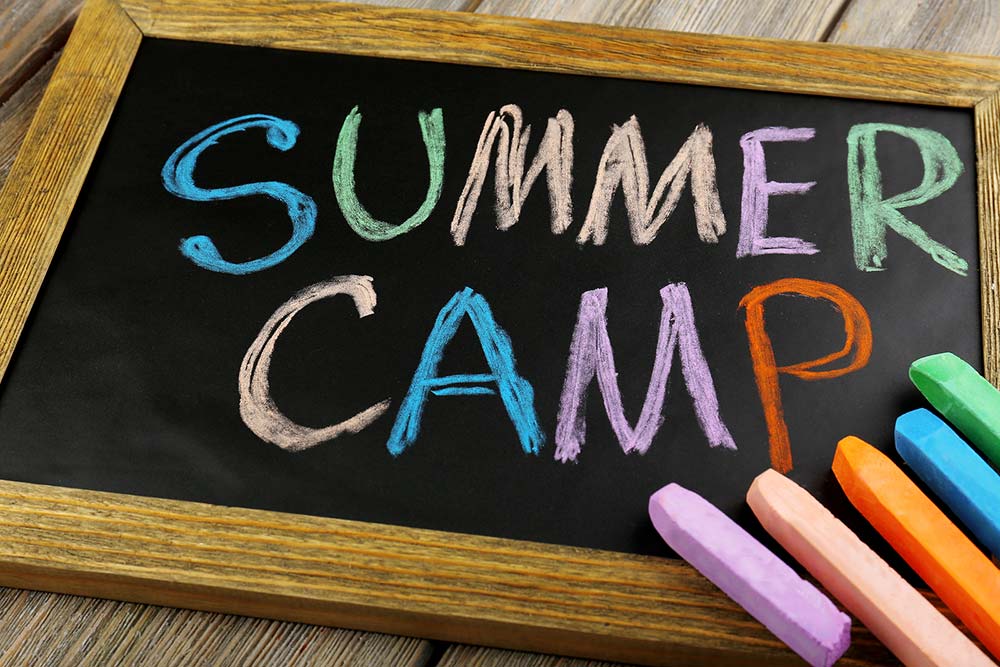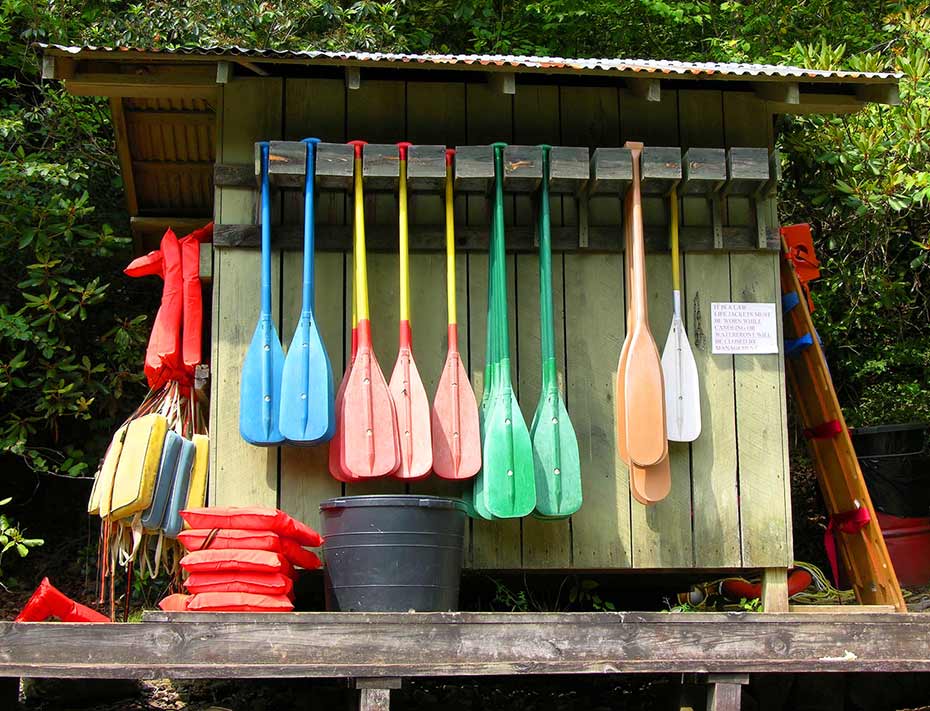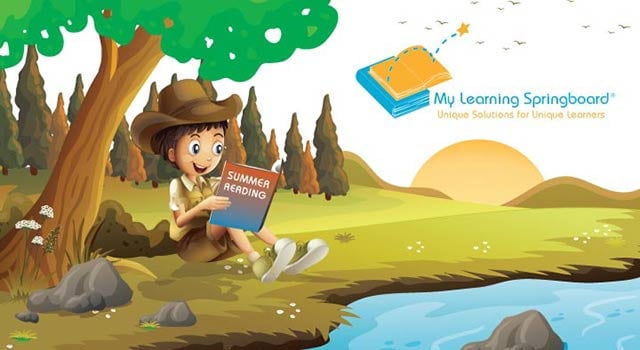 The college identification and visiting process can be overwhelming to plan and implement, however, technology, and specifically YouTube, can help narrow down your trips with virtual college visits to the admissions office, chats with current students and even visits to classes.
The college identification and visiting process can be overwhelming to plan and implement, however, technology, and specifically YouTube, can help narrow down your trips with virtual college visits to the admissions office, chats with current students and even visits to classes.
Click below to read The New York Times coverage of these virtual college visits and planning resources on YouTube or watch some of the sample videos.
https://thechoice.blogs.nytimes.com/
 Working with students at a
Working with students at a  Summer tutoring can be a controversial topic. There are many people who believe students deserve a complete 7-10 week break over the summer because they work so hard during the year. There are just as many people who feel students don’t work hard enough, or at least should be working continuously for 12 months in order to remain competitive. A reasonable place to land is somewhere in the middle. For many of our students, summer is the one sustained time period for exercising their independence, their imagination, and their bodies. The boys we’re
Summer tutoring can be a controversial topic. There are many people who believe students deserve a complete 7-10 week break over the summer because they work so hard during the year. There are just as many people who feel students don’t work hard enough, or at least should be working continuously for 12 months in order to remain competitive. A reasonable place to land is somewhere in the middle. For many of our students, summer is the one sustained time period for exercising their independence, their imagination, and their bodies. The boys we’re  In order to get
In order to get  This summer
This summer